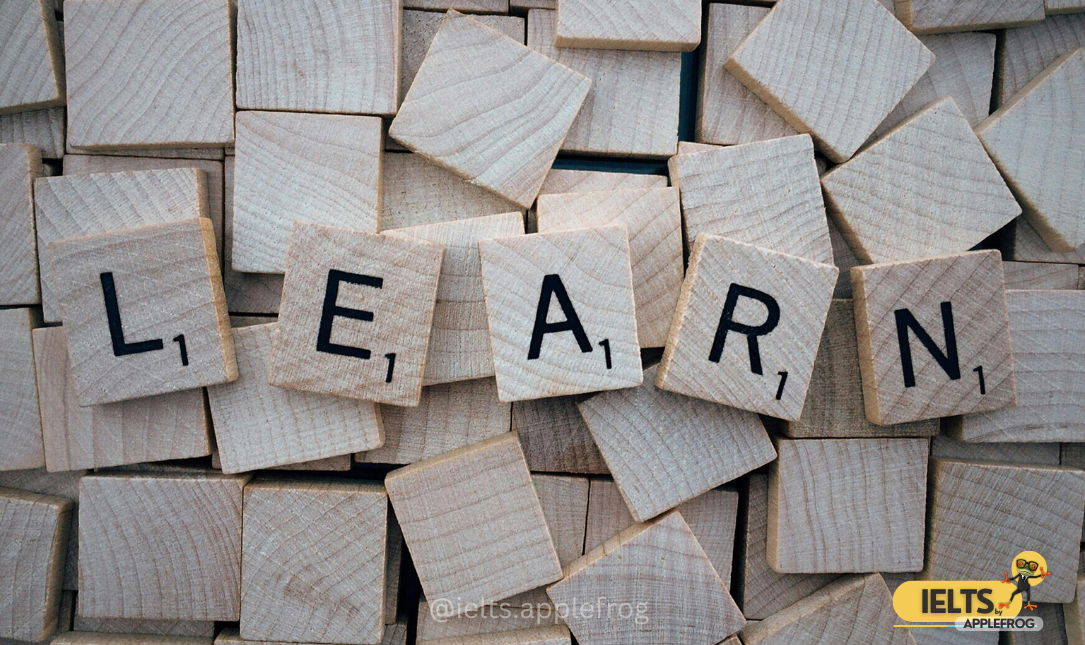
Modal auxiliary verbs, also called modal verbs, are a unique class of auxiliary verbs that convey attitudes such as possibility, obligation, permission, ability, and more. When paired with the base form of a main verb, modal verbs enrich our sentences with nuanced meanings, making communication precise and effective.
What Are Modal Auxiliary Verbs?
Modal auxiliary verbs modify the meaning of the main verb, offering additional context about the action. Unlike primary auxiliary verbs, modal verbs do not change form according to the subject or tense.
Common Modal Auxiliary Verbs and Their Uses
1. Can
Indicates ability or possibility.
- He can solve complex math problems easily. (ability)
- This plan can succeed if everyone contributes. (possibility)
2. Could
Expresses past ability, polite requests, or hypothetical situations.
- When I was younger, I could climb trees effortlessly. (past ability)
- Could you please pass the salt? (polite request)
- If I had more time, I could learn to play the guitar. (hypothetical)
3. May
Signifies permission or possibility.
- You may enter the room now. (permission)
- It may rain later this evening. (possibility)
4. Might
Conveys a lower probability or uncertainty.
- She might attend the conference tomorrow. (uncertainty)
- This idea might work if we plan carefully. (possibility)
5. Must
Denotes necessity, obligation, or strong advice.
- You must submit your application by Friday. (necessity)
- We must respect others’ opinions. (obligation)
6. Shall
Used in formal or legal contexts to indicate future actions or suggestions.
- Shall we proceed with the presentation? (suggestion)
- The contract shall be signed by both parties. (formal requirement)
7. Should
Offers advice, recommendations, or expectations.
- You should drink plenty of water to stay hydrated. (advice)
- They should arrive by noon. (expectation)
8. Will
Expresses future actions, intentions, or promises.
- I will join the meeting at 3 PM. (future action)
- This decision will benefit everyone in the long run. (intention)
9. Would
Indicates polite requests, preferences, or hypothetical scenarios.
- Would you like to join us for dinner? (polite request)
- I would travel the world if I won the lottery. (hypothetical)
- Adding Nuance: They allow subtle variations in meaning, such as levels of certainty or obligation.
- Improving Clarity: They make intentions, requests, or possibilities clearer.
- Adapting Tone: They enable us to sound formal, casual, polite, or assertive depending on the context.
Modal auxiliary verbs—can, could, may, might, must, shall, should, will, and would—are powerful tools for expressing a range of attitudes and scenarios. Mastering their usage equips you with the ability to communicate ideas with clarity, confidence, and subtlety, enriching your command of the English language.
Modal auxiliary verbs are the keys to unlocking precise communication, bridging the gap between possibility and certainty, and enhancing every interaction.












 Here can be your custom HTML or Shortcode
Here can be your custom HTML or Shortcode
0 Comments